The Silent Son at Our Table: Diaspora Jewry and the Pain of Not Knowing How to Ask
By Greg Bouwer
As Jewish families around the world prepare for Pesach, setting their Seder tables and unboxing their Haggadot, the ancient ritual of retelling the Exodus story takes on new resonance. This year, the celebration of freedom arrives with the heavy weight of trauma, grief, and division. The massacre of Simchat Torah, the fate of the hostages and the war that followed, have left a deep scar on the Jewish soul — a scar that has been experienced differently by those in Israel and those in the diaspora.
And in this moment, I find myself thinking about one particular figure in the Haggadah — the son who does not know how to ask.
The Haggadah famously describes four children:
The wise son, who seeks knowledge and understanding, asking about the details of the laws and traditions — wanting to grasp the full meaning of his inheritance.
The wicked son, who distances himself from the community with the question, “What does this mean to you?” — separating his fate from that of his people.
The simple son, whose question is pure and unguarded: “What is this?” — a question asked not from scholarship, but from sincere curiosity.
And finally, the son who does not know how to ask — who may be overwhelmed, or afraid, or simply unsure where to begin. His silence is not rejection; it is vulnerability.
To this silent son, the text instructs us gently but firmly: “At p’tach lo” — You open it for him.
This silent child is not lesser. He is not to be scolded or excluded. He is to be embraced with understanding. His presence is enough. His silence is sacred. And it is our obligation to help him find his way in.
This year, that child is diaspora Jewry.
Across the globe, Jewish communities have stood in solidarity with Israel. They have mourned. They have spoken out. They have lit candles, tied blue ribbons, attended rallies, sent aid. But for many, something lingers beneath the surface — a quiet, aching uncertainty. A feeling of proximity to suffering, without having suffered it directly. An unease about asking the wrong question, saying the wrong thing, or being misunderstood.
They are part of the people. They feel the pain. But they have not lived the horror of October 7. They did not hide with children in a safe room. They did not bury loved ones. They did not return to homes burned to ash. And for many, this distance has bred silence.
What should I say?
What can I ask?
Do I have the right?
Am I close enough to this story to speak?
And yet, even in that distance, diaspora Jews are not untouched. In the wake of October 7 and the war, they have experienced an unprecedented rise in antisemitism — in schools and universities, on the streets and subways, in workplaces, media, and online. Synagogues have increased security. Children have been harassed. Jewish identity has, once again, become something to hide, or defend, or fear.
It may not be the same as war — but it is a confrontation with hatred, loneliness, and vulnerability that echoes through history.
And at the heart of this year’s story — more than any year in recent memory — is bondage. As we sit at our Seder tables and recite the words “Avadim hayinu” (“We were slaves to Pharaoh in Egypt”) we cannot help but think of the hostages still held in Gaza. They, too, are enslaved — not in metaphor, but in body and soul. They are denied freedom. Denied dignity. Denied voice. And we, the rest of the Jewish people, cannot fully recline at our tables while they remain in captivity.
Their absence is a presence. Their silence is thunderous. They are part of our modern-day Exodus, still unfolding. As we tell the story of our ancient deliverance, we pray for theirs. L’shanah haba’ah b’cherut (next year, in freedom) must not be an abstraction. It must be a promise.
In the cacophony of online discourse, in the moral complexity of war, and in the rawness of grief, silence can feel safer than speech. And yet — silence, too, is a kind of engagement. It is the soul reaching out without yet knowing how.
This is where the Haggadah becomes not just a book of ritual, but a guide to our collective responsibility. You open it for him. You don’t demand fluency. You don’t require the perfect question. You meet him with compassion, context, and care. You create space — for belonging, for listening, for asking what cannot yet be asked.
Because the truth is: we need each other. The past year has taught us that our strength lies not only in resilience, but in unity. The Jewish people are not a puzzle of separate pieces (Israel here, diaspora there) but one shared story, told across continents and generations. And every voice in that story matters, whether spoken boldly or whispered uncertainly.
This Pesach, the four sons are not just metaphors. They are us. They are our communities. They are our children and parents, our friends and fellow Jews. And the table is wide enough for all of them.
Especially the one who does not yet know how to ask.


